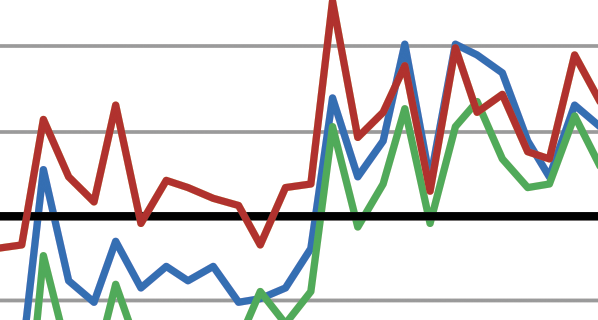NFPA Publishes 2017 Update to Technology Roadmap
By Eric Lanke, NFPA President/CEO
 A new publication, the 2017 NFPA Technology Roadmap: Improving the Design and Function of Fluid Power Components and Systems, has been published by the National Fluid Power Association. Copies can be downloaded after a brief registration process from this website.
A new publication, the 2017 NFPA Technology Roadmap: Improving the Design and Function of Fluid Power Components and Systems, has been published by the National Fluid Power Association. Copies can be downloaded after a brief registration process from this website.
The purpose of the Roadmap is to provide NFPA member companies and their research partners with an industry-wide consensus regarding the pre-competitive research and development needs of the fluid power industry. It identifies the following seven broad areas of research challenge for the fluid power industry to tackle in order to meet the future needs of its customers, expand fluid power into new customer markets, and attract the best and brightest students to the field:
- Increasing the energy efficiency of fluid power components and systems.
- Improving the reliability of fluid power components and systems (e.g., increasing up-time, reducing maintenance requirements, making fluid power safe and easy to use).
- Reducing the size and weight of fluid power components and systems while maintaining or increasing their power output.
- Building “smart” fluid power components and systems (i.e., ones that perform self-diagnostics and troubleshooting and integrate easily with “plug-and-play” functionality).
- Reducing the environmental impact of fluid power components and systems (e.g., lowering noise, eliminating leaks).
- Improving and applying the energy storage capabilities of fluid power components and systems.
- Improving and widening the scope of application for fast, accurate, and cost-effective fluid power control.
For each of these research challenges, the Roadmap also identifies a set of research objectives that quantify or otherwise describe successful strategies for pursuing the research challenges. Organizations that wish to pursue projects of importance to the fluid power industry should seek alignment with these research challenges and objectives.
The Roadmap is the intellectual property of NFPA. It is not for reprint, resale, or redistribution, in whole or in part, without the written permission of NFPA.
The Roadmap is a tool that can be used, with permission obtained from NFPA, by organizations that wish to pursue projects of importance to the fluid power industry. These organizations include both research institutions and companies across the fluid power supply chain. By aligning their activities with the challenges, objectives, and proposed projects described in the Roadmap, they will all play a role in positively shaping the future of fluid power technology.
By putting forth this Roadmap, representing a broad consensus of industry players, and focused on pre-competitive initiatives that will help develop new technologies to benefit the industries, markets, and people served by fluid power, NFPA demonstrates a commitment both to collaboration and to long-term growth and sustainability.






